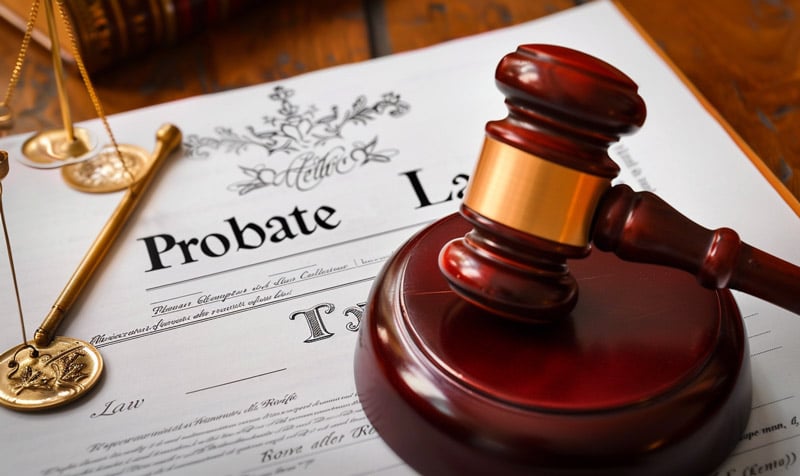Formal Probate
Florida’s Comprehensive Estate Settlement Process
Formal probate is a comprehensive judicial process that involves the administration of a deceased person’s estate under court supervision, typically required for larger estates or when there are complexities such as disputes among heirs or unclear will provisions.

“Amanda and Faye are incredible. Their attention to detail, efficiency and compassion throughout the entire process made me feel very comfortable. I would recommend them to anyone for probate or elder law in the future.”
Derek C.

Summary Probate
Why Hiring an Attorney for Your Will is Essential
Navigating Probate: The Lessons from Anna Nicole Smith’s Estate Battle
Introduction to Florida Probate
Formal probate is a process that involves the transferring of the property and assets of the deceased person to the heirs and beneficiaries, as stated in the final Will or under state statute. It can often include complicated issues, including but not limited to challenges to the Will, disputes between beneficiaries or heirs, and occasionally issues with the actions of the Personal Representative.
Anyone with a legal interest can request the court to open formal probate. This may include the creditors, personal representative, spouse, and beneficiary or heirs.
With the filing of the petition and original Will, if one exists, formal probate begins. The judge?s responsibility is to appoint the personal representative, decide the Will?s authenticity and validity, and determine the beneficiaries. However, unlike informal probate, it takes quite a long time for formal probates to settle. Moreover, it can be long and expensive to heirs or beneficiaries and sometimes turns into litigation.
When Do You Need to Use the Formal Probate Process?
If you come across any of the following situations, you must file a petition to carry out the process through formal probate rather than opting for informal probate:
- When assets are over the limit specified in Florida
- When a Personal Representative is required (for example in the case of a settlement)
If you need to open formal probate, the first step should be consulting with a probate attorney from a probate law firm.
Separate the Non-Probate Assets
Not all assets go through probate. The distribution of these non-probate assets? takes place after the death of the person. Some of the most common non-probate assets include:
- Assets held in a trust
- Jointly held property, if held with ?rights of survivorship.?
- Life insurance proceeds that are ?Payable on Death (POD)? or ?Transfer on Death (TOD)?
- Funds in accounts held as ?Payable on Death (POD)? or ?Transfer on Death (TOD)?
All the processes involvedin the form al probate are intimidating for a non-probate lawyer. Hence it is recommended to consult with probate attorneys, who can help you understand the process and make it easy for you.
Summary Probate: Efficient Settlement
Summary Probate in Florida offers a streamlined approach for quickly resolving smaller estates or those uncomplicated by disputes, reducing both time and expenses.
Learn more about Summary Probate.
Taking the First Step
Start the conversation today by scheduling a free consultation with attorney Amanda Kania. Let us help you find peace of mind and take control of your future.
FREE LEGAL CONSULTATION
Call Now for a Free Legal Consultation
Getting started is easy. Give us a call or request an evaluation by clicking the button below, and we will setup a convenient time to meet with you and discuss your situation.
(813) 535-7848
“
